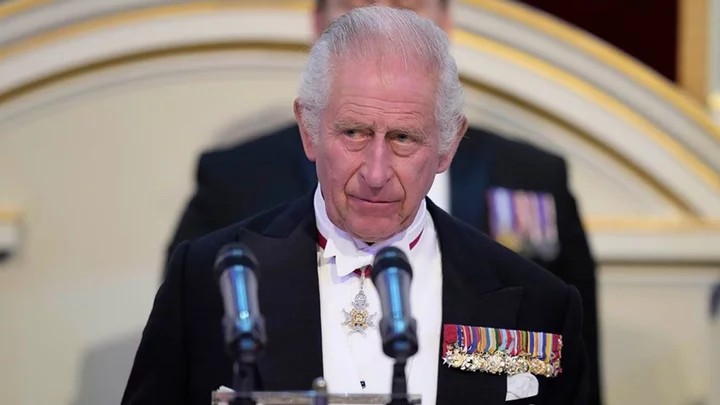Scientists have decided it’s official – people do not necessarily have to believe in a “god” to have a moral compass.
A group of four University of Illinois surveys found that while there were subtle differences in behaviour between groups of atheists and religious people – or “theists” – they live by the same moral codes.
Tomas Ståhl of the University of Illinois said: “The most general take-home message from these studies is that people who do not believe in God do have a moral compass.
"In fact, they share many of the same moral concerns that religious believers have, such as concerns about fairness, and about protecting vulnerable individuals from harm.”
The first two surveys crowdsourced responses from hundreds of American residents, and found that religion was unrelated to amoral tendencies, whether people would endorse liberty or oppression or whether people cared about being fair to others.
The second two surveys compared thousands of people across the US and Sweden, which is a much more secular country. The data came up with the same results.
Mainstream religions are on a downward trend worldwide. In the UK, for example, just 46 percent of people identified as Christian in the 2021 census, compared to 59 percent in 2011. The US has seen similar declines.
Ståhl added: “However, disbelievers are less inclined than believers to endorse moral values that serve group cohesion, such as having respect for authorities, ingroup loyalty, and sanctity…
“It is possible that the negative stereotype of atheists as immoral may stem in part from the fact that they are less inclined than religious people to view respect for authority, ingroup loyalty, and sanctity as relevant for morality, and they are more likely to make moral judgments about harm on a consequentialist, case by case basis.”
It’s news that will come as little surprise to the estimated 750 million atheists across the globe, of course.
But for people who still think religion is the key to morality, it could be food for thought.
How to join the indy100's free WhatsApp channel
Sign up to our free indy100 weekly newsletter
Have your say in our news democracy. Click the upvote icon at the top of the page to help raise this article through the indy100 rankings.









